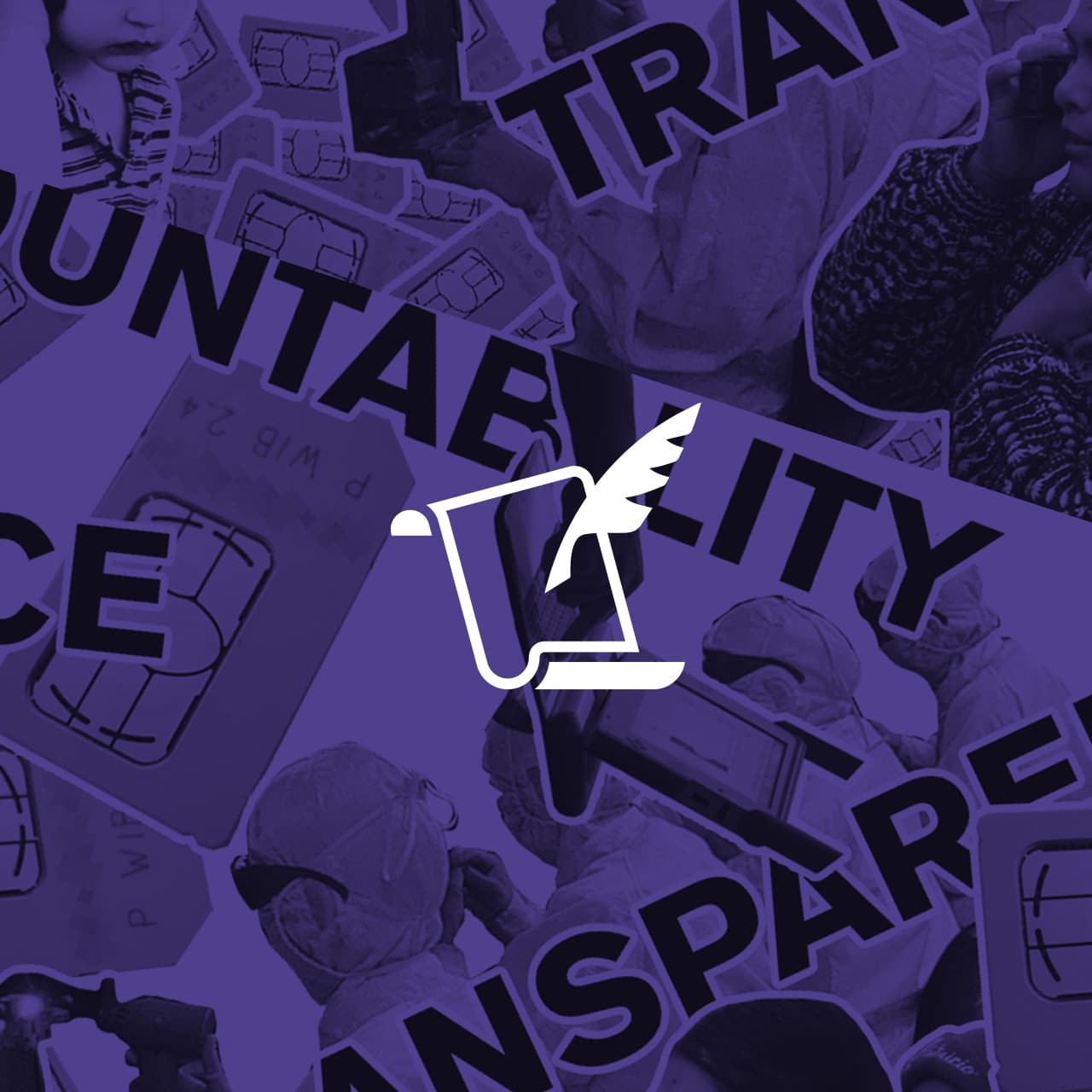This week, Azerbaijan is hosting experts from the UN’s Working Group on the issue of human rights and transnational corporations and other business enterprises “to examine the impact of business activities on human rights in the country.”
No stranger to UN inquiries, this CIS-region dictatorship has been the subject of a wide range of human rights reviews in recent years. Just this week, three UN experts condemned the “wave of politically-motivated repression” against human rights activists in the country.
This is the first business and human rights inquiry there, however, though Access has called out the country in the past for its surveillance state. The oil-rich former Soviet republic’s information and communications technology (ICT) sector remains susceptible to government pressure, resulting in restrictions on the human rights of journalists, activists, and ordinary users. These abuses lead to harsh knock-on effects, including arbitrary arrest and torture.
Access recently shared our concerns in a letter to the UN Working Group, and recommended it focus its inquiry on Azerbaijan’s obligations to protect the human rights to free expression and privacy online.
Azerbaijani history of pervasive surveillance
The sordid history of invasive surveillance and oppression by Azerbaijani state security is well documented. In 2012, Swedish news media reported that Swedish telco TeliaSonera sold high-tech surveillance capabilities to several former Soviet republics, including Azerbaijan, where TeliaSonera owns part of the largest mobile provider Azercell. Not only did these technologies allow police direct access to TeliaSonera’s communications networks, but Azerbaijani security officers actually sat in the telco’s offices. Reports noted that the “direct access to subscribers’ telephone calls, data, and text messages” provided to Azerbaijani security services resulted in the arrests of members of political opposition groups.
For its part, TeliaSonera has since undergone a comprehensive human rights assessment, and swapped most of its top management for new faces. The same cannot be said of government authorities: Azerbaijan has had the same prime minister and president since 2003, and a 2008 constitutional amendment abolished term limits. What’s more, the current President Illham Aliyev inherited power from his father Heydar, who was president from 1993-2003 and led Soviet Azerbaijan from 1969-1982, effectively dominating the political life of Azerbaijan for decades.
Access Recommendations for Working Group
Despite the Azerbaijani government’s invitation to the UN experts, the Working Group should not be misled: authorities have systematically demanded businesses contribute to government programs that undermine human rights.
For these reasons, Access provided the following recommendations to the Working Group:
1) Investigate laws and practices relating to surveillance, including telecom licensing requirements and any unlawful pressure that government authorities put on companies to gain access to user data and networks.
2) Consult civil society, journalists, bloggers, and other users whose communications puts them at risk for surveillance and harassment both on and offline. This may help to identify patterns, such as whether data from telecom companies like SMS records or geolocation information has been used during interrogations.
3) Assess the state of user data security, including whether users have access to the technical means to access information confidentially and communicate securely. Query whether encryption tools are banned, as the Azerbaijan Airlines “custom regulations” website prohibits the import of “technical means designed to obtain information secretly.”
4) Probe the safeguards for access to information and free expression online. The government has been suspected of shutting down or slowing internet connections in some regions where social activism and opposition voices have been most active.
5) Survey telecom industry staff and leadership for evidence of government solicitation of bribes or other corruption. Staff should not be subject to harassment or illicit pressure to take any action that violates human rights law and norms, domestic laws, or company policy.
For its part, the Azerbaijani government should cease its repression of human rights defenders and enact rules that would enable users to communicate more securely while also building trust in the telecoms and ISPs that deliver connectivity in the region.
Access and our partners in the region support the Working Group’s inquiry, ask they consider our recommendations, and look forward to reading the report on this important country visit.
